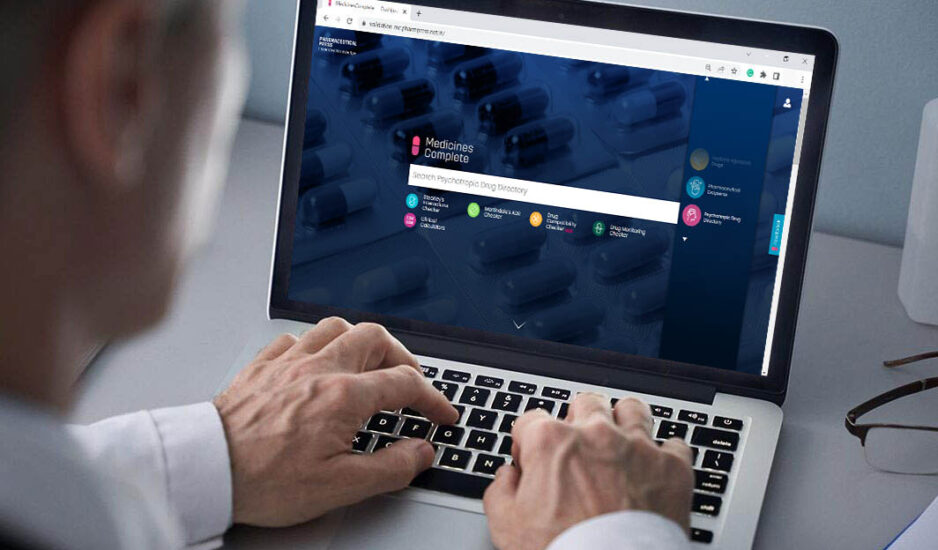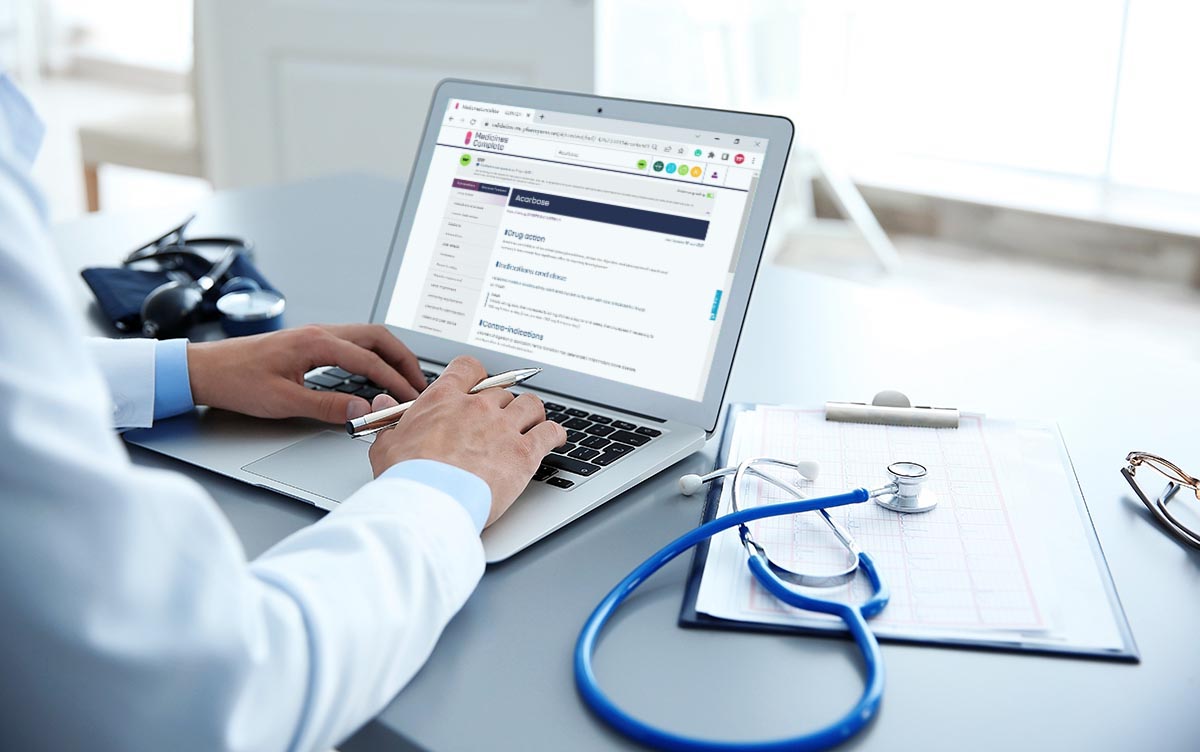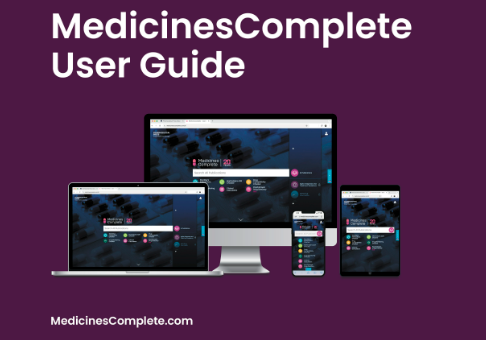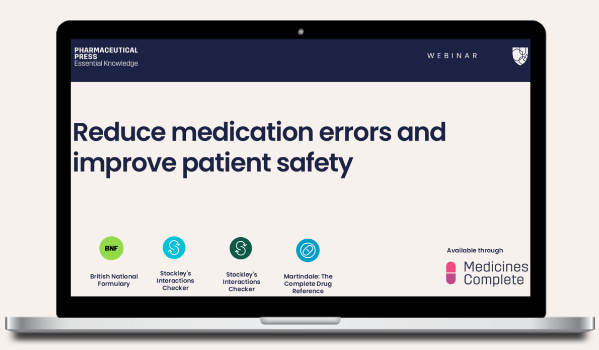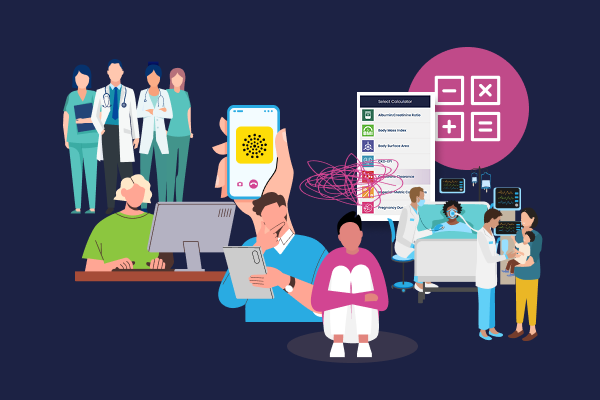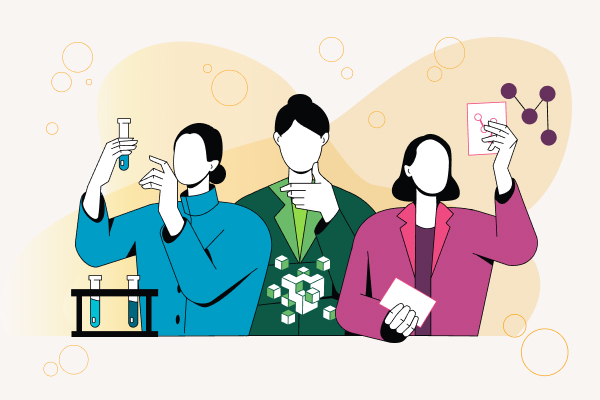Find information on generic medicinesWhat are generic medicines?
Generics are medicines that have the same active ingredients and work the same way as their original brand name equivalents. They are less expensive than branded products and could play an important role in alleviating medicines shortages.
When a drug company develops a new medicine, it is protected by a patent and marketed under a brand name. During this time, the drug company has exclusive rights to manufacture and distribute the drug.¹ This is to protect the initial research and development investment.
Once the patent has expired, other manufacturers can market their generic versions. These contain the same active ingredients as the originator drug and are sold under the product’s generic, or non-proprietary name.¹ International non-proprietary names are managed by the World Health Organization.
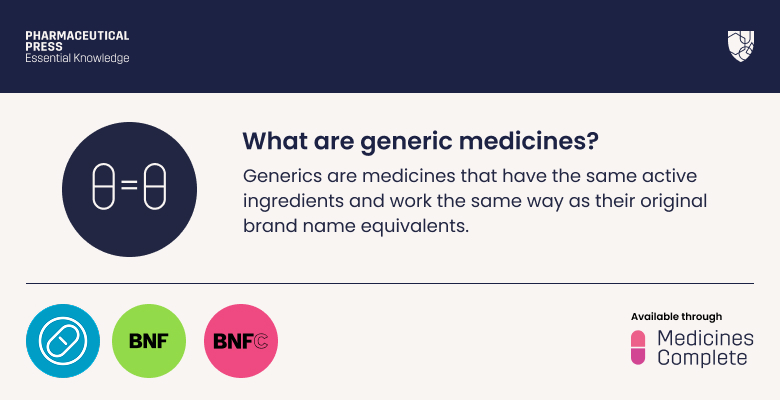
Information on generic medicines may be found on MedicinesComplete. Please complete the form at the bottom of this article to request a complimentary trial of MedicinesComplete.
What are examples of generic names?
- Panadol is the brand name for paracetamol made by GlaxoSmithKlein
- Paracetamol is the generic (non-proprietary) name for the active ingredient. In the United States the generic name is acetaminophen
- Sildenafil is the generic name of a medicine used to treat erectile dysfunction. Pfizer markets the product under the brand name, Viagra.
What is the difference between generic and branded medicines?
Generic medicines contain the same active ingredients and work the same way as branded products yet they can cost between 20% and 90% less than the original price of branded equivalents.² In most countries, generic medicines must comply with exactly the same standards of quality, safety, and efficacy as all medicinal products.²
The British Generic Manufacturers Association has estimated that the NHS saves around £13 billion a year by using generic medicines.³
Generic medicines and their uses: Royal Pharmaceutical Society’s Medicines Shortage Policy⁴
Medicine shortages can significantly affect patient care, causing delays in access to medications and consuming valuable time for health professionals. In the UK, community pharmacists are legally required to contact prescribers or refer patients back to prescribers for any amendments to prescriptions, even for minor changes.
Generic medicines could help mitigate the impact of these shortages, which are increasingly common in clinical practice. The Royal Pharmaceutical Society has called for a legal framework across Great Britain to allow community pharmacists to substitute prescribed branded medicines with generic alternatives, where clinically appropriate, without needing to amend the prescription. This approach could reduce the burden on prescribers, enabling patients to access their medications more efficiently and consistently during periods of shortages.
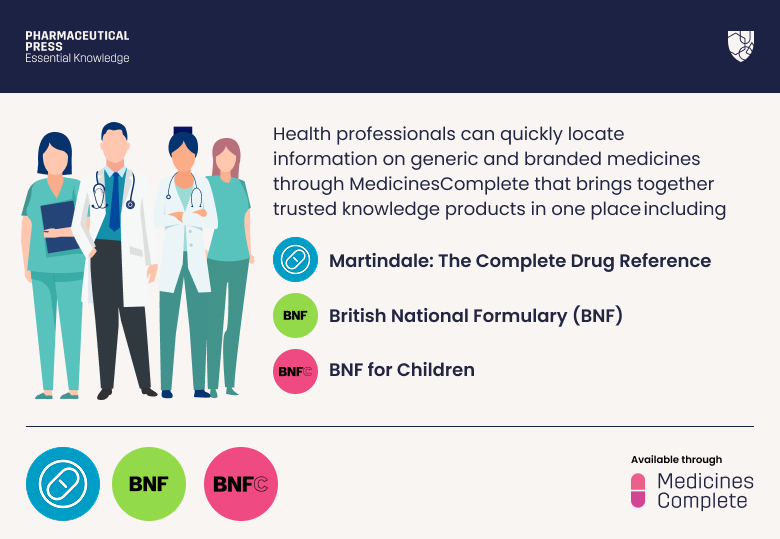
Generic medicines information through MedicinesComplete
Health professionals can quickly locate information on generic and branded medicines through MedicinesComplete that brings together trusted knowledge products in one place including Martindale: The Complete Drug Reference, British National Formulary (BNF), and BNF for Children.
Health professionals can quickly identify medicines using Martindale: The Complete Drug Reference, which provides detailed drug naming information (nomenclature), including the international non-proprietary name, British Approved Name, United States Adopted Name, and commonly used synonyms, all within each drug monograph.
Health professionals can search for branded products and their active ingredients using Martindale: The Complete Drug Reference, which includes information on over 300,000 proprietary products from 49 countries or regions. The preparations database provides details such as the proprietary name, manufacturer or distributor, country/region of origin, active ingredients, and a summary of indications as provided by the manufacturer.
Preparations available in the UK are listed in BNF and BNF for Children, with relevant products appearing at the bottom of the drug monograph under their main ingredient. The medicinal forms section includes details on the type of formulation (e.g., tablet), the amount of active drug in solid dosage forms, and the concentration of active drug in liquid dosage forms.
In conclusion, generic drugs can offer a safe and cost-effective alternative to branded medicines.
Trial form
Please complete the form below to request a complimentary trial to knowledge products through MedicinesComplete.
References
1. National Health Service. (2023). Medicines information. Available at: https://www.nhs.uk/conditions/medicines-information/ Last accessed: 27th February 2025.
2. British Generic Manufacturers Association. (n.d.) About generics. Available at: https://www.britishgenerics.co.uk/about-generics.html Last accessed: 27th February 2025.
3. British Generic Manufacturers Association. (n.d.) About us. Available at https://www.britishgenerics.co.uk/about-us/our-core-focus.html#:~:text Last accessed: 27th February 2025.
4. Royal Pharmaceutical Society. (n.d.) Medicines Shortage Policy. Available at: https://www.rpharms.com/recognition/all-our-campaigns/policy-a-z/shortage-policy Last accessed: 27th February 2025.

